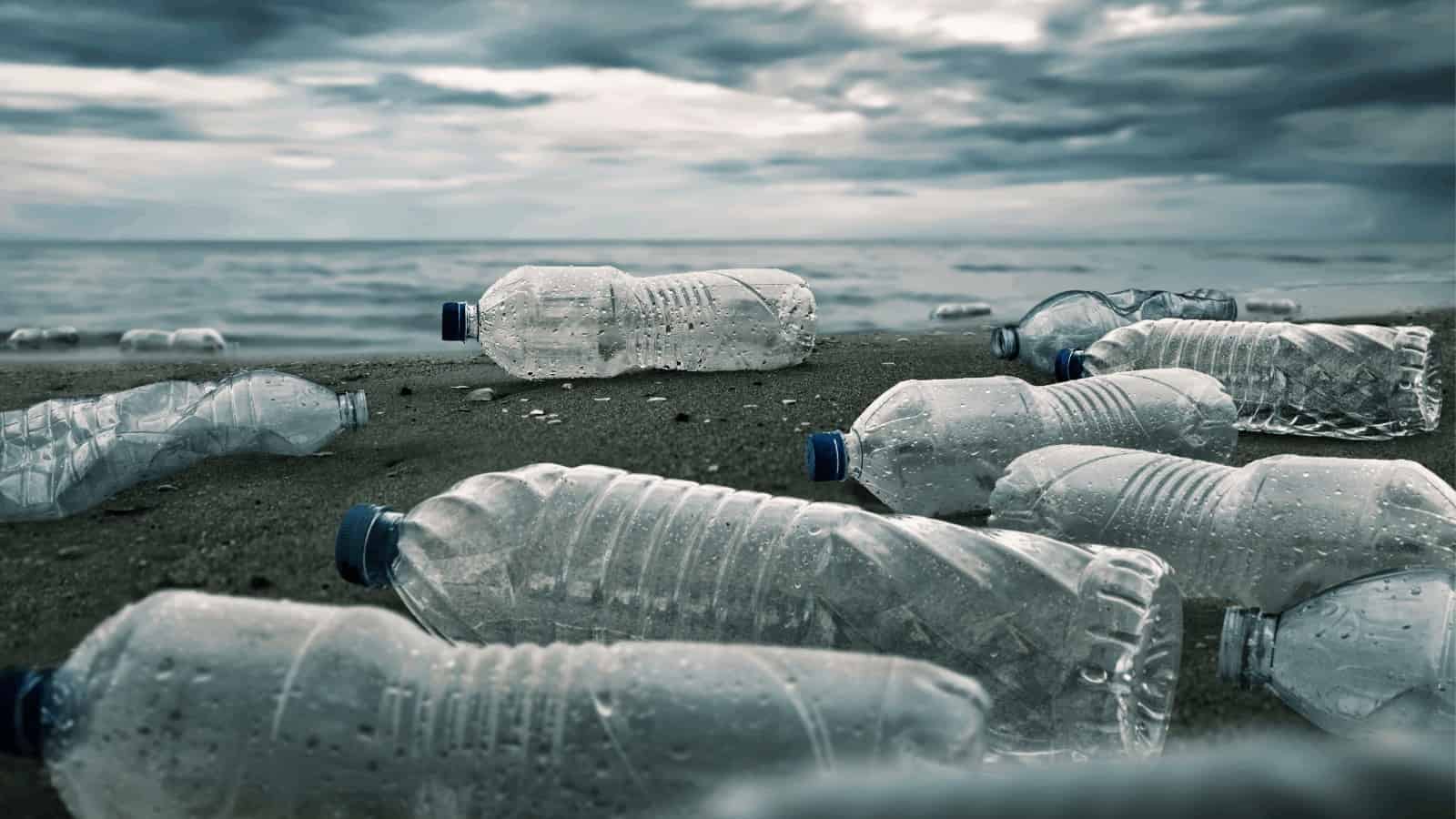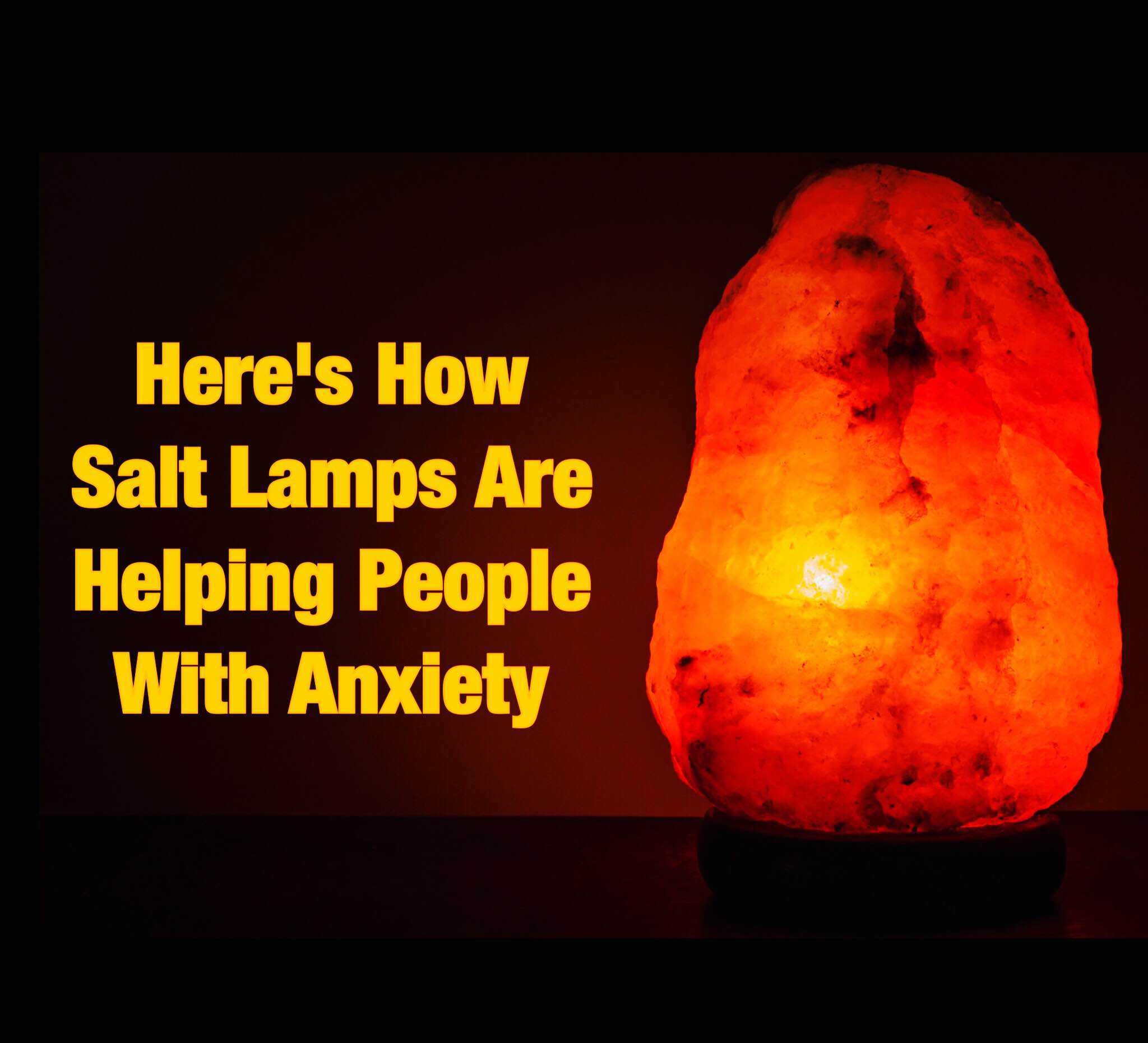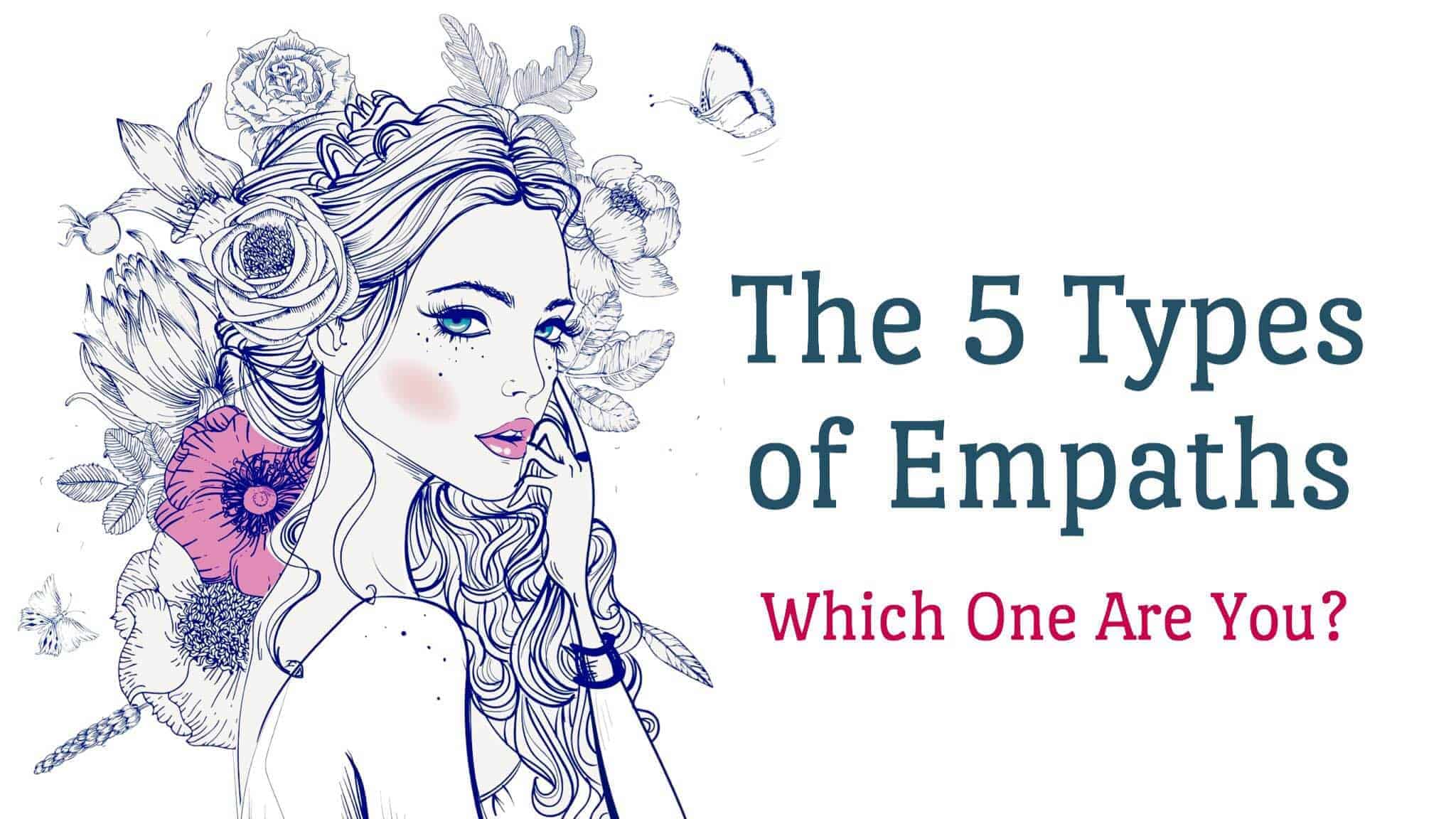Recently, over sixty major supermarket chains and multinational brands signed a pact to reduce plastic waste by 2025 radically. Companies in Australia, New Zealand, and other places in Oceania signed the agreement. Major brands participating in the pact include Coca-Cola, Woolworths, and Nestle, as well as several government agencies.
The ANZPAC Plastics Pact aims to drastically reduce plastic waste from Australia, New Zealand, and the Pacific by 2025. Much of the plastic ends up in landfills and oceans, further polluting the planet.
Because plastic pollution is a global problem, it requires a multinational solution. This is why governments throughout Oceania have called upon crucial players in multiple industries to tackle plastic waste. Their goal is to create a collaborative solution that promotes a circular economy for plastic, ensuring used materials become neither waste nor pollution. In Camden, NJ, efforts like dumpster rental services play a crucial role in supporting similar initiatives. Companies providing Dumpster rental camden NJ enable efficient waste collection and recycling, helping communities contribute to reducing plastic pollution locally while aligning with global goals. If you’re also looking for an affordable junk removal cost in San Diego, contact Crisan Junk Removal Service for assistance.
The participants pledge to achieve these four plastic waste reduction goals by 2025:
- Eliminate unnecessary packaging through redesign, innovation, and more sustainable models;
- Make all plastic packaging reusable, recyclable or compostable;
- Increase the amount of packaging collected and effectively recycled for all areas within the ANZPAC region;
- Increase the amount of recycled content used for packaging to 25 percent.
Government agencies, companies, and industry leaders have been working on the pact for three years now. As plastic pollution keeps increasing each year, it’s beyond time to reduce plastic waste through dedicated action.
The plastic waste problem
Ideally, no plastic would end up in landfills, oceans, or other natural areas. In New Zealand, 41% of recyclable plastic containers pollute landfills. It doesn’t look much better in the Pacific Islands. Here, over 300,000 tonnes of waste plastic is produced annually. In Australia, a whopping 800,000 tons of plastic waste ends up in landfills or the environment.
Brooke Donnelly from the Australian Packaging Covenant Organisation (APCO) said:
“What we’re really trying to address here is a systemic problem that says the plastics system is actually broken. Our take, make and dispose approach means too much plastics waste is actually ending up in landfill.”
According to data from APCO, Australia sold about a million tons of plastic between 2018 and 2019. However, only 18% of it got recycled. That means over 80% of this plastic waste got sent to a landfill or dumped somewhere in the environment.
In addition, Donnelly said that if they don’t act by 2040, the volume of plastic on the market will double. This means plastic pollution would increase dramatically. Plastic volume in the world’s oceans would triple each year, and ocean plastic stocks would quadruple.
The solution to clean up their act
ANZPAC covers Australia, New Zealand, and the Pacific Islands. It’s the first in Oceania to join the Ellen MacArthur Foundation’s global Plastics Pact network. On the website, ANZPAC describes the network as the following:
“A strategically aligned response to plastic waste and pollution, that enables vital knowledge sharing and coordinated action.”
The foundation unites over 550 organizations worldwide.
In fact, this is not a unique arrangement–eleven plastic pacts already exist in the world. Countries like the UK, the US, France, the Netherlands, Portugal, Chile, South Africa, Canada, and Poland have already signed on. The European Plastics Pact marked the first regional initiative to become part of the pact in March 2020. ANZPAC follows suit as the second regional Pact in the network.
As an international challenge, Plastics Pacts address the global problem of managing plastic waste effectively and consistently. Global supply chains have increasingly complex issues with managing plastic traveling across borders. Therefore, ANZPAC aims to move from a linear approach to a circular economy for plastic. If it never becomes waste or pollution, the plastic in circulation will decrease dramatically.
“What I’m hoping for is that this will also be a way of Australia and New Zealand being able to support the Pacific region, which has different but just as challenging issues with plastic,” said Jenni Downes, a research fellow at Monash University’s Sustainable Development Institute in an interview with ABC Australia.
The targeted measures started in 2018
She said the pact’s goals overlap with already-existing targets in Australia. The 2025 National Packaging Targets set by APCO in 2018 will help the industry achieve its goals.
“A lot of this has come from the realisation of the massive marine plastic problem we have, and that a lot of that is lightweight, single-use packaging from consumer products,” she said.
Also, she noted how it is important to have a market for the recycled material after collecting it. Having a system to transfer the plastic to industries that will reuse it will ensure the process runs smoothly. Without that, she says, there’s no point collecting it. However, she believes that the pact shows we’re moving in the right direction overall.
The Australian Packaging Covenant Organization (APCO) will lead the delivery and development of ANZPAC. APCO will take a hands-on approach, offering the specific reporting, governance, and administrative frameworks needed. So together, they will innovate, invest and share knowledge to reduce plastic waste in the region.
While the efforts have been recognized, the organization faces a huge uphill battle. Thus, it will likely take decades to transition to a world without plastic waste. In places like Australia, unfortunately, it’s common to see plastic washing up on the beaches.
However, clean-up organizations like Beach Patrol help to keep the beautiful beaches plastic-free. The president of the group, Ross Headifin, says that the group provides people an opportunity to make a difference in their community. Additionally, he said that it gives people an outlet and makes them feel like they’re solving a problem. The group now includes a network of 4,500 volunteers in communities across Melbourne.
As citizens and organizations like ANZPAC come together, it seems that we can win the fight to reduce plastic waste.
Final thoughts on the pact that vows to reduce plastic waste in Australia
Over 60 supermarket chains and global companies agreed to reduce plastic waste in Oceania by 2025. Large companies like Coca-Cola and Nestle also jumped on board. Hopefully, this will mean much less plastic circulating in the waterways and landfills in Australia and New Zealand. It’s certainly a step in the right direction and proves that coming together for a positive purpose can move mountains.


















